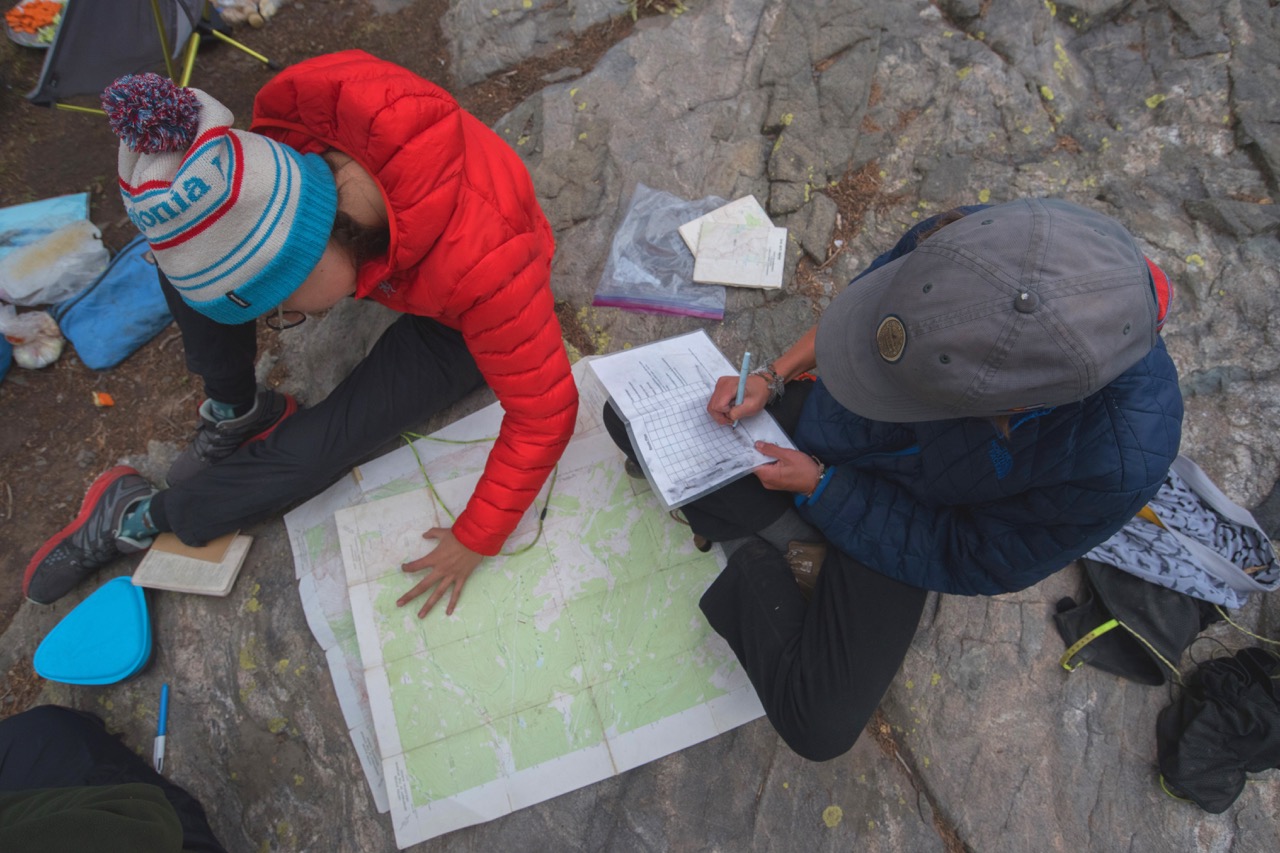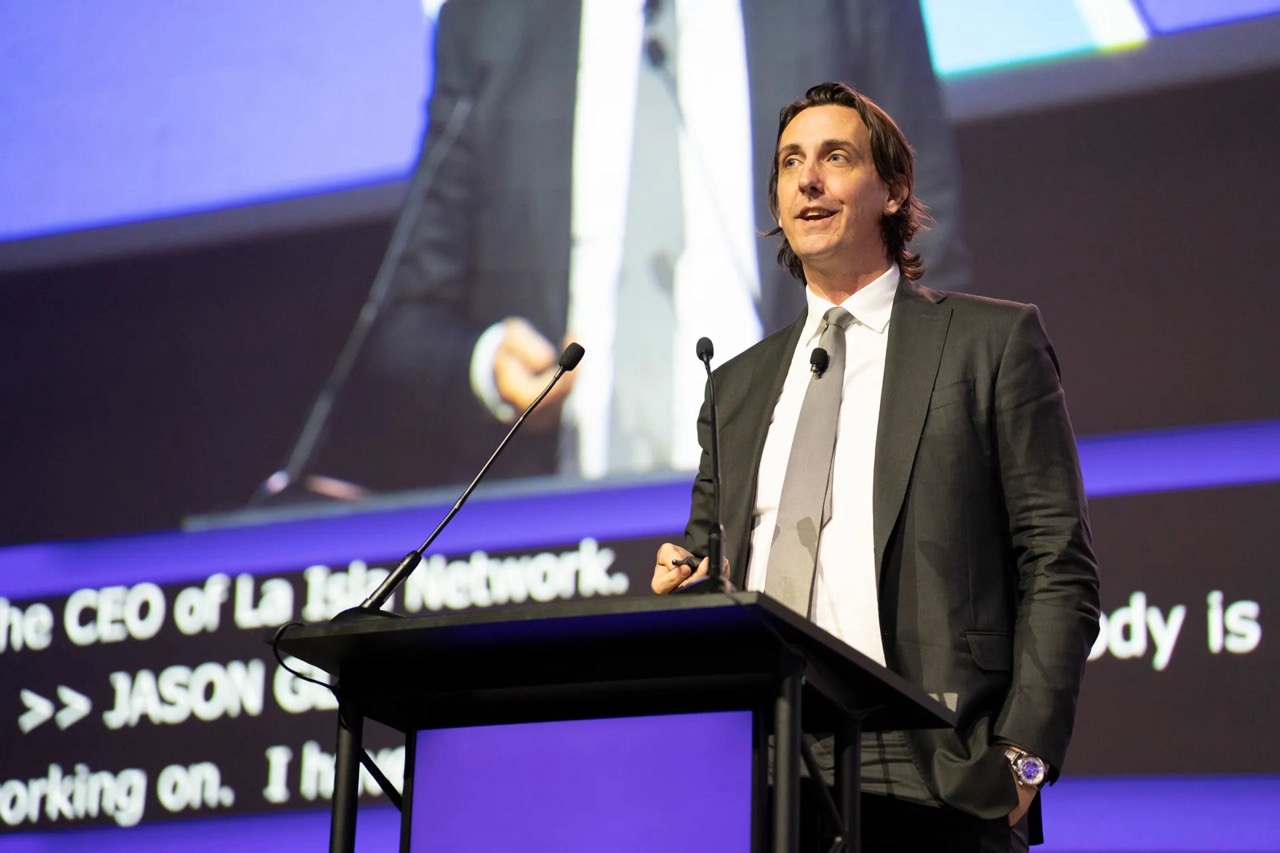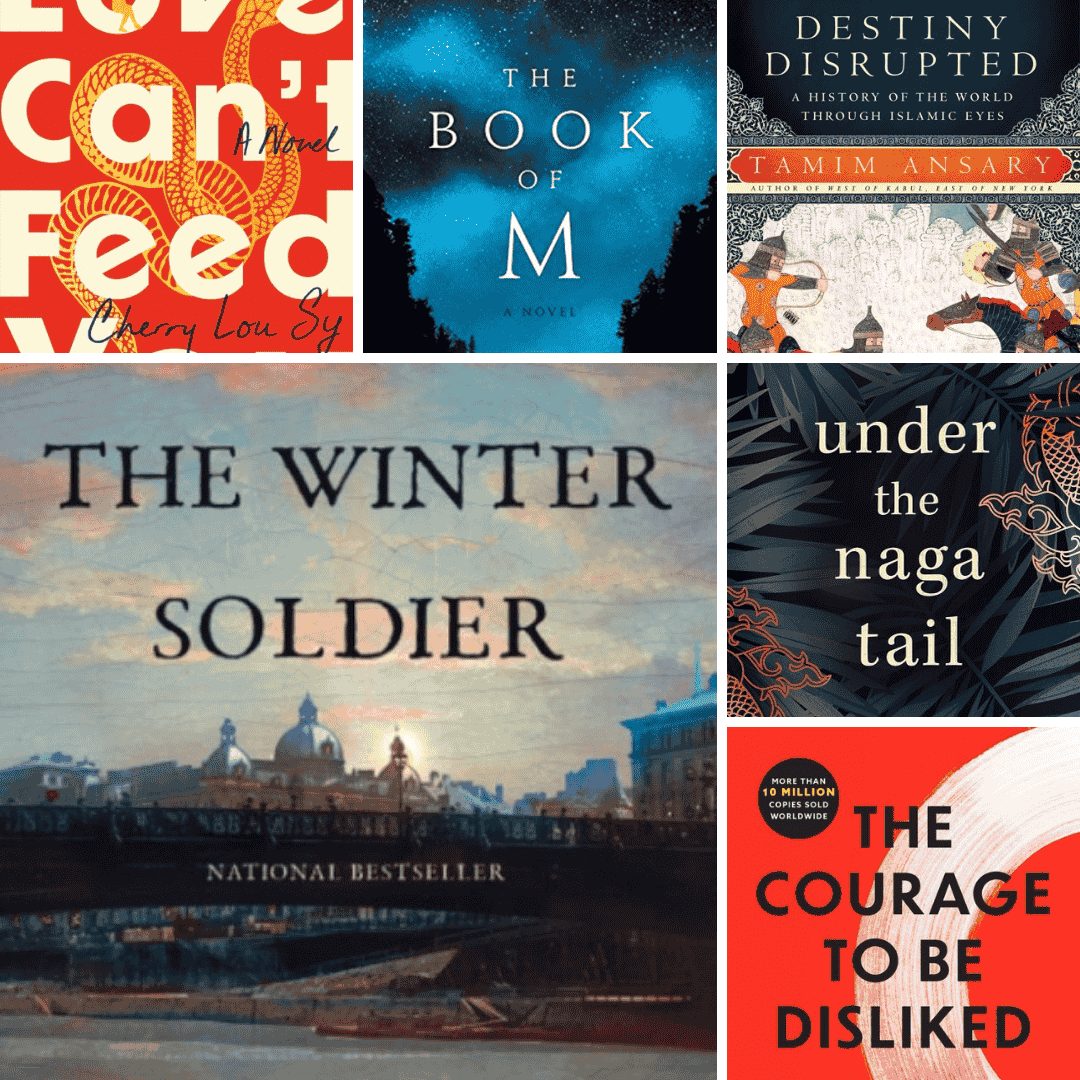The Importance of Relationships in Learning
It is widely understood that human beings are social learners and that everything that we know outside of our own experience is based on a platform of social trust. Whether the learning that is taking place is coming from a book, a person, or some form of technology, the confidence we have in this information comes from shared values and beliefs. It is for this reason that I believe that all learning is about relationships and in the world of teenagers so much of their learning has at least three different levels of influence: their attitude towards the subject, the influence of their peers, and their connection with the adult. There is ample evidence that teachers make a difference in student performance and learning.
Brain research has long supported the notion that when there is an absence of trust, learning suffers. This is particularly relevant to teenagers, because of the unique stage they are in their growth and development. During these years the teenager is developing an adult identity and seeking greater independence and responsibility for themselves. As a consequence, they often emotionally and socially require guidance from mentors beyond their parents, and in the absence of that may turn to their less experienced peers. Having healthy relationships with adults at this time of their lives, people who they can trust and connect to is the topic of a recent essay by David Brooks that appeared in the New York Times. In it, Mr. Brooks makes the case that we should put quality relationships at the center of our educational focus. In boarding schools, we have never sacrificed in this area.
While Mr. Brooks is not explicitly advocating for boarding schools, the case he makes for the importance of relationships in learning is one that is well understood in boarding schools. Living and working together in a campus environment allows us to establish a clear set of values and shared beliefs – in short, we have control over the type of culture and sense of community. Interactions between adults and students are not limited to the classroom or even the playing field but occur throughout a given day, and each layer continuously reminds the teenager that the adults are here for them and their personal growth. The availability of the adults builds a sense of trust that is not necessarily achieved in a different setting.
I appreciate Mr. Brooks’ perspective on relationships and learning, but one area that he does not touch upon is its connection to creativity. Recent research supports the notion that diversity leads to creativity, but only when that social diversity is manifested through a close connection. In short, just being surrounded by diverse people doesn’t necessarily have an impact on the student, but it does when people live closely with and care about one another. I share this, because it strikes me that when students have mentors who they feel care about them and their personal growth and development, they are inviting a greater diversity – one that is well beyond that of their parents’ – of views, perspectives, and opinions and that this may have a long term impact on their lives.
Since its founding Colorado Rocky Mountain School has always emphasized the importance of healthy and positive adult and student relationships. John and Anne Holden believed that everyone should contribute equally to the work of the community and that the members of the community would be on a first name basis to break down barriers. Today, when students arrive for their orientation adult and student leaders model the trusting and caring relationship throughout a ten-day Wilderness orientation. The students participate and complete a “right of passage” that supports their need to achieve something that is both genuinely challenging and requires authentic relationships.
It is not a stretch to say that being a teenager is not unlike Wilderness Orientation. But instead of being in the backcountry, the teen finds themselves navigating a social terrain that is different from those years when you fully had your parents or immediate family members as your guide. This new landscape places the teen on the cusp of adulthood – a time that is often accompanied by a lot of uncertainty because the expectations are new and different. Teenagers are at a place in their adult lives where anything is still possible, and who and what they become as adults is starting to take shape internally. Their values, identity, and understanding of their place in the world are being fashioned in these years, and while they are not set in stone, I believe that they can predict how we respond to our future relationships, learning, growth, and challenges.
Given the importance of this foundation, having adults in our lives in which there is a mutual care and understanding, the basis of trust, ensures that the student accepts and appreciates their learning as an avenue of contributing to a larger social world beyond the family. They have an opportunity while at CRMS to practice this more significant role by helping with the daily work through the household job and service crew programs. Perhaps less noticeable but most importantly, when they walk into every classroom they are surrounded by peers that will support their growth and learning and leading the class is an adult who they have gotten to know well throughout the days and weeks they have spent in and outside the classroom. One of the most powerful aspects of working at a boarding school is that I share the most valuable aspects of my life with all the members of the community – my family, pets, home are all here, and I wake up every day trusting every member of the community to take care of every one of them. I am not alone – we all do this and share in this collective experience.
To learn more about Colorado Rocky Mountain School, please join our mailing list or request information.
 MYCRMS
MYCRMS
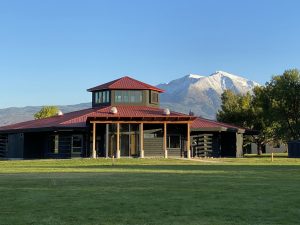
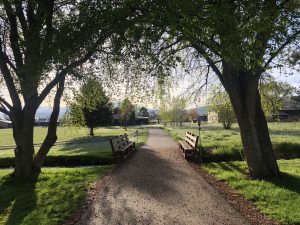
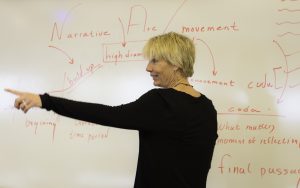
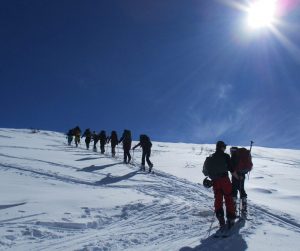
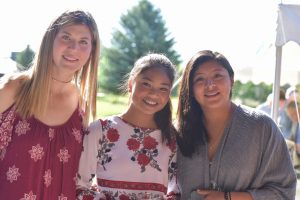
 Virtual Tour
Virtual Tour